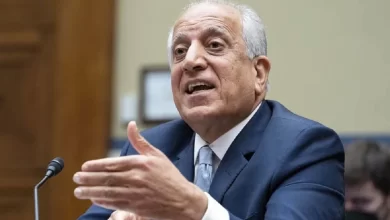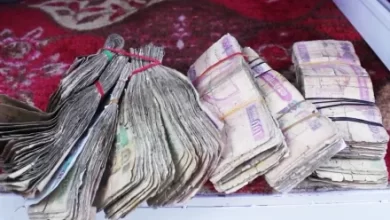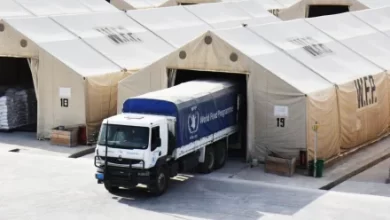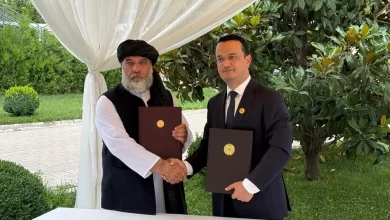Pakistan’s Deputy PM Visits Kabul to Discuss Security and Trade

A high-level Pakistani delegation, led by Mohammad Ishaq Dar, Deputy Prime Minister and Foreign Minister of Pakistan, arrived in Kabul (Saturday, April 19).
The delegation held separate meetings with the prime minister and the acting foreign minister of the Islamic Emirate, where discussions centered on enhancing security, political, and economic cooperation.
During the meetings, both sides reaffirmed their commitment to continued engagement and agreed that high-level exchanges should continue to further strengthen bilateral relations.
Hamdullah Fitrat, deputy spokesperson of the Islamic Emirate, stated: “The prime minister of the Islamic Emirate of Afghanistan thanked Pakistan for hosting Afghan migrants thus far, but stressed that recent treatment of Afghan migrants is unacceptable and strongly condemned it.”
Idris Zazai, a political affairs expert, noted: “Numerous meetings have been held between Afghanistan and Pakistan, and many promises exchanged, but Pakistan has repeatedly broken its commitments.”
Meanwhile, Amir Khan Muttaqi, acting foreign minister, expressed concern about the treatment of Afghan migrants in Pakistan and urged Ishaq Dar to prevent violations of the rights of migrants and returnees.
In response, the Pakistani foreign minister said that customs duties on many trade items have been reduced to boost bilateral trade and that Afghan migrants will not be mistreated. He added that Islamabad would prevent any arbitrary seizure of Afghan migrants’ property.
Ishaq Dar also formally invited Amir Khan Muttaqi to visit Pakistan to further elevate bilateral engagement.
Zia Ahmad Takal, head of public relations at the Foreign Ministry, said: “Mr. Muttaqi also reminded the Pakistani delegation that serious steps must be taken to address the mentioned issues.”
This marks the first official visit by a Pakistani delegation since recent strains in relations with Kabul—and it remains to be seen whether it will help resolve the ongoing challenges between the two countries.



